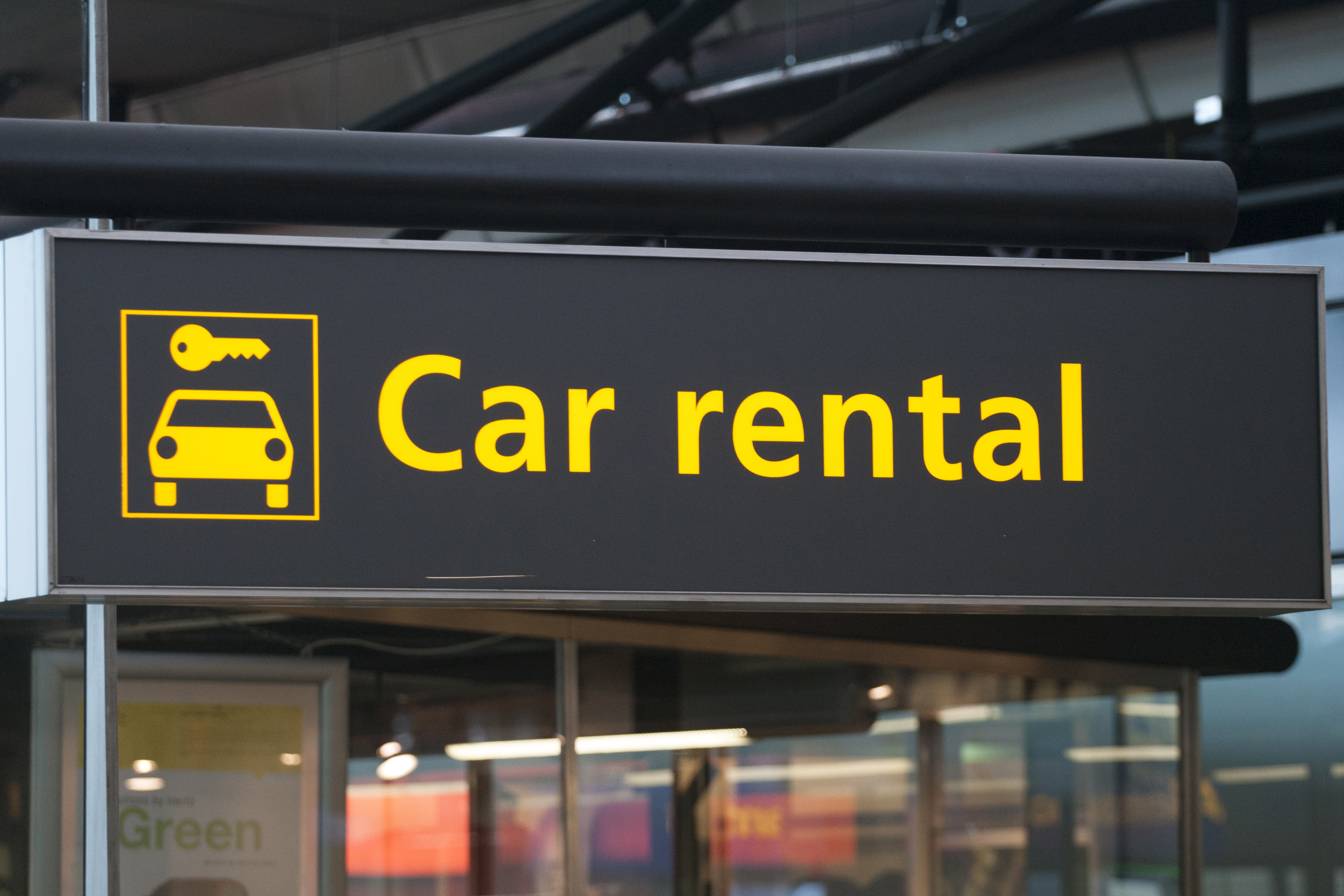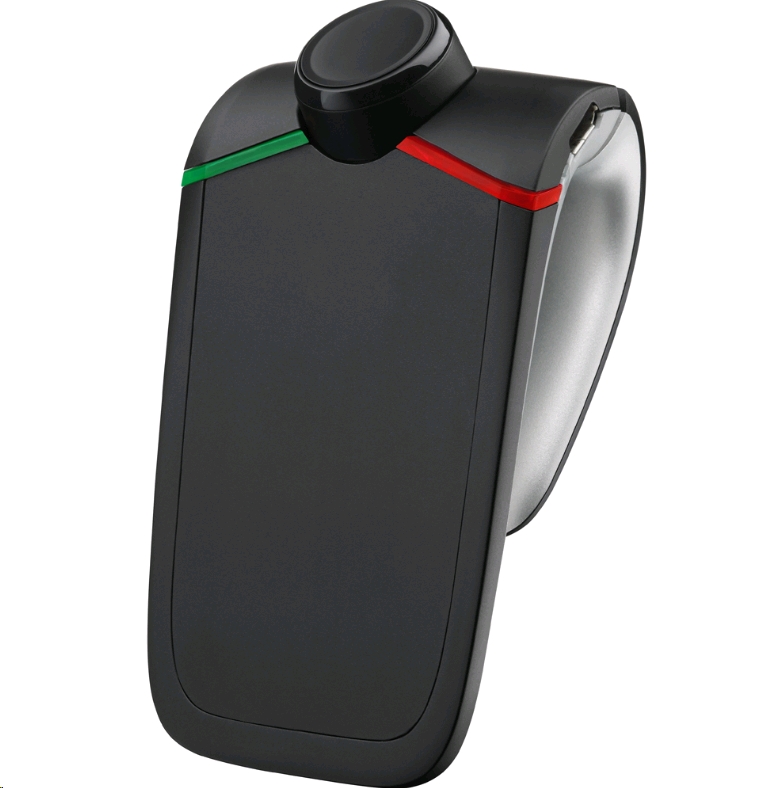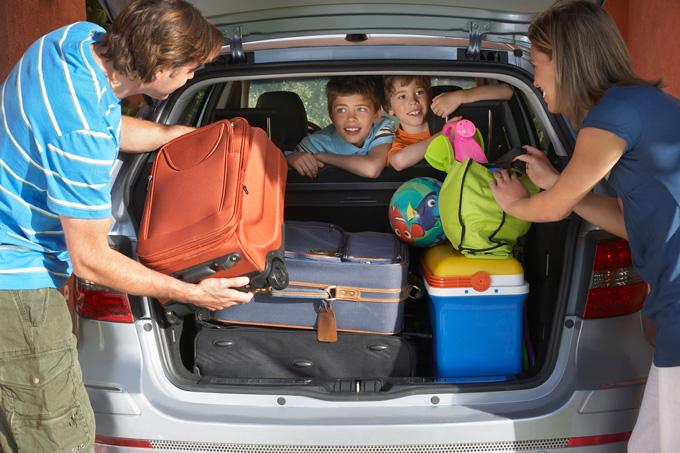4 Ways to Save Money on your Holiday Rental Car
Renting a car abroad is more often than not, the most convenient way to get around on a holiday and the best way to experience a foreign country. If you’re traveling with friends or family, a rental car becomes an extremely economical option and can be a great asset to your adventure.
Don’t let your holiday start badly at the car rental desk. To help avoid the car hire pitfalls, we have compiled a guide to every aspect of hiring a vehicle abroad, from keeping costs down, to which insurance policy to buy and what to check before you drive away.
1) Do your research
Avoid hard sell at car rental desks by planning your car rental ahead of your holiday. Don’t fall into the trap of booking your car hire based on the first bargain you see. Securing your rental car early can save you a significant sum of money, and browsing through reputable car rental companies will give you a good gauge of the price you will pay for your holiday.
Beware of companies that advertise low prices on their rental cars, but add in taxes and ‘necessary overheads’ that eventually add up to a larger amount than your base rental cost. Choose your rental car based on: size, fuel consumption, practicability; Also remember to factor in additional surcharges when comparing between prices offered by different companies.
2) Choose the best insurance
No matter how confident you are of your driving skills, it is always advisable to purchase excess insurance. Car hire excess insurance can be a tricky concept for many car renters but you can save up to 65% off the price you’ll be charged at the rental desk by buying your insurance online in advance.
3) Check the fuel policy, mileage and every minor detail
A growing number of firms (especially in Spain) now insist on a full-to-empty fuel policy on rentals of more than three or four days. How it works is that you pay for a full tank of fuel and bring it back empty. This is fine in theory, but if you aren’t going to use the car much, you’ll end up paying for three-quarters of a tank of fuel you didn’t use. This is especially prevalent in Spain whereby driving around the smaller island never consumes nearly as much fuel as you are given.
Here are the three most common options:
Full to full: You will be given a full tank of petrol and expected to return the car full. Do not wait until it’s time to return the car to replenish your fuel as petrol stations near rental companies usually charge higher prices per litre.
Full to empty: You will be asked to pay the rental company upfront for a tank of petrol and can return the car empty. While this may seem like a steal, returning a car empty is extremely hard to do and you’re likely to be charged at a premium for the fuel whether you use it all or not.
Pay for what you use: You’ll be expected to return the car with the same amount of fuel it had when you left the rental company. Make sure you keep a note of this.
Also, remember to check if your rental company limits your vehicle mileage in any way. The rental company should also have noted down the initial mileage in print before handing you the keys.
4) Be firm and stand your ground
At the rental desk counter, it is very easy to be pushed into something you don’t need. The sales representatives at the rental company will try every tactic to try to persuade you into buying their promotional add-ons or insurance plans. It is extremely important to be firm and prepare adequately beforehand, so that they cannot leverage on your unpreparedness to sell you any products.
Remember not to be conned by the hard sell, especially if you’ve taken out adequate insurance beforehand. The standard rule is: If you don’t need it, don’t buy it.
For a more comprehensive step by step guide to renting your next car hire, hop over to read our essential checklist when renting a car abroad.




